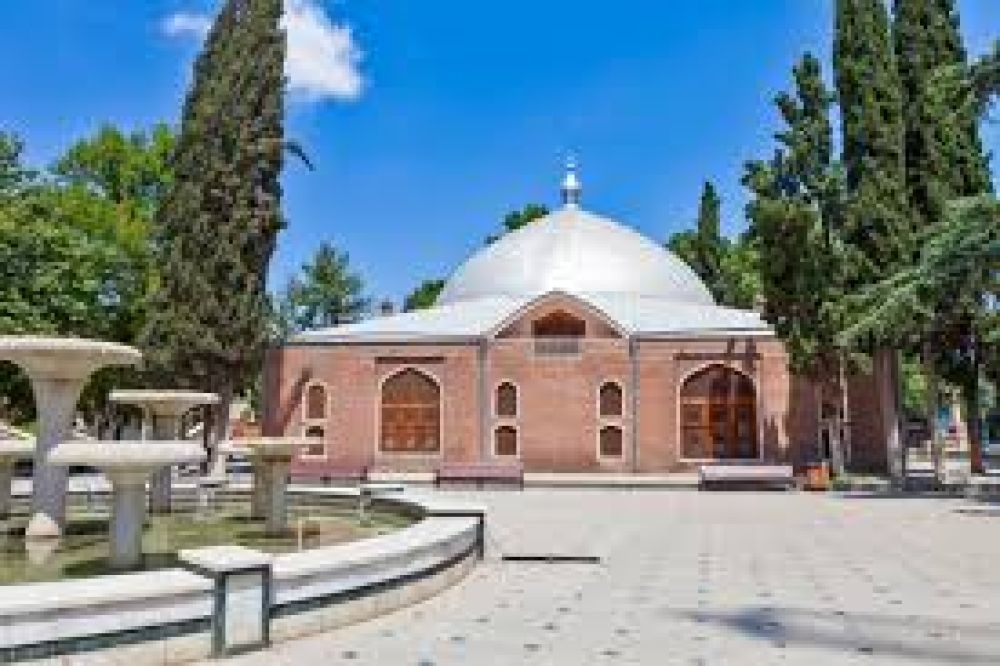

The city of Ganja, one of Azerbaijan's oldest cities, has a rich history that intersects with various cultural influences and historical events. At the heart of this history lies the Shah Abbas Mosque, also known as Javad Khan Mosque, which is an essential part of Ganja's religious and cultural heritage.
Built in the early 17th century, during the reign of Shah Abbas I of the Safavid dynasty, the Shah Abbas Mosque is a testament to the architectural ingenuity and spiritual devotion of its time. It was established as a central place of worship and has served as a cornerstone for the Islamic community in Ganja. Over the centuries, the mosque has witnessed many changes, including periods of decline and restoration, reflecting the turbulent history of the region.
Tourism in Ganja, and more broadly in Azerbaijan, has evolved significantly over the years. With the country gaining independence from the Soviet Union in 1991, Azerbaijan has gradually opened up to international tourism. Ganja's deep historical roots and cultural landmarks, like the Shah Abbas Mosque, have become major attractions for visitors interested in the rich tapestry of Caucasian history.
In recent years, Azerbaijan has been promoting its tourism sector through various initiatives, such as simplifying visa procedures and investing in infrastructure. The silk road heritage and religious architecture, which includes the Shah Abbas Mosque, are increasingly becoming a pivotal part of the country's tourist offerings.
Current trends in tourism are seeing a rise in experiential travel, where tourists are seeking authentic cultural experiences. Ganja, with its interwoven history of Persian, Ottoman, and Russian influences, provides a unique backdrop for such immersive encounters.
Today, the Shah Abbas Mosque stands not only as a place of worship but also as a beacon drawing travelers who are eager to explore the diverse cultural landscape of Azerbaijan. Its striking architectural features, including the captivating color tiles and intricate calligraphic inscriptions, make it an exemplary photo opportunity for both professional photographers and casual visitors documenting their journey.
Modern-day tourists visit the mosque as part of guided tours or individually to marvel at its historical magnitude and to understand the Islamic heritage of the region. The mosque's significance has also been recognized by various conservation efforts in hopes of preserving it for future generations to appreciate.
In conclusion, tourism in Ganja is deeply connected to its historic monuments, and the Shah Abbas Mosque is a cornerstone of this historical allure. As Ganja continues to develop its tourism sector, the mosque is expected to remain a treasured highlight for those visiting Azerbaijan, offering insight into the region's storied past and vibrant present.